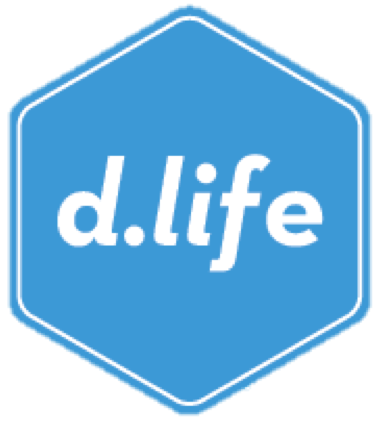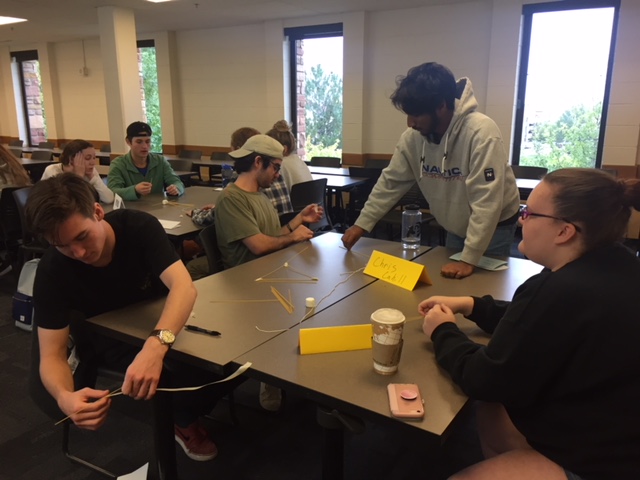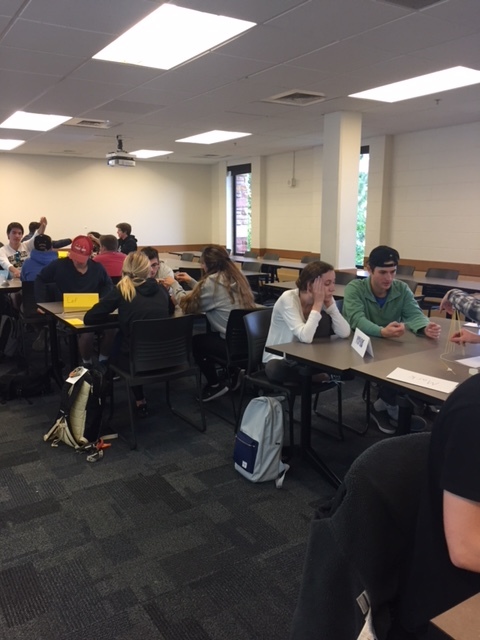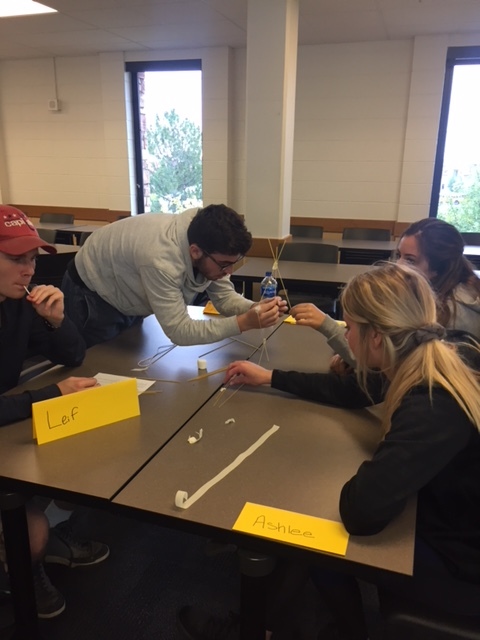University of Colorado Boulder: Leeds School of Business
38 Sections. 19 Instructors. 879 Students. 1 Life Design Prototype.
After attending the Life Design Studio in summer 2018, the Leeds School of Business decided to go all in with Life Design in their First Year Seminar, and rolled out “Design Your Leeds” to their entire freshman class in August 2018.
Al Smith, Associate Dean, Kelli Stevens, Director of Undergraduate Student Services and Vanessa Napier, Associate Director of the Pre-Business Program left Stanford inspired and excited. They worked closely with Kathy Davies and the d.life team throughout the month of July to adapt the Design Your Stanford course and activities for first-year business students and they even had a visit from Kathy to help finalize the course flow and orient instructors to Life Design. After several trainings with the 19 instructors to get them on board and ready to teach the new curriculum, they took a deep breath and waited to see how the semester would unfold.
The 1.5 credit class meets for 75 minutes once a week, for 15 weeks. The curriculum closely follows the Design Your Stanford model, but the course has been adapted to include a more focused exploration of business along with an emphasis on some specific career impact skills. Students have been attacking the wicked problem of “What do you want your Leeds experience to be?” through wayfinding, writing their college views, practicing interview skills, prototyping possible futures and networking. The culminating project for the class is a Leeds Prototype Plan in which students will create a plan to prototype their interests over the next 3 ½ years.
The response to the class has been overwhelmingly positive. Students are excited about the opportunity to reframe and design their college experience, while the instructors, primarily academic advisors and other undergraduate affairs staff, are already imagining applications of life design in academic advising and beyond.
Leeds hopes that Design Your Leeds will become the cornerstone of an experiential learning model in the college and that students will leave the class as engaged learners who approach experiences with a sense of curiosity.




